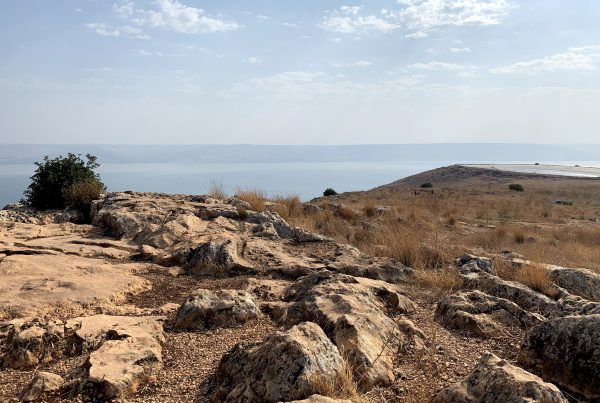Last month, the Reformed Church in America’s Church Multiplication team approved 16 new congregation plans (NCPs), signifying the formation of new church plants. These new church plants are among the 81 total new churches that RCA Church Multiplication has helped plant internationally and domestically in the last two years.
The 16 new congregations and their planters are supported by three classes—Central Plains Classis, Classis de las Naciones (Classis of the Nations), and Central California Classis. The majority of these plants (11) are located in Texas, and an even greater majority (15) are Hispanic congregations.
As these church planters follow God’s call to ministry, RCA Church Multiplication and the planters’ respective classes are coming alongside to train and support. This is, of course, something the planters value as they join the denomination; additionally, many chose the RCA for its core beliefs.
“I believe that [the RCA] is a Christ-centric denomination and, above all, its guiding rule is the Bible. That is something that anyone who seeks to be linked to a denomination seeks more than anything,” says Fabio Sosa, who is planting Primera Iglesia Reformada Hispana de RCA en Houston. (The name, translated to English, is First RCA Hispanic Reformed Church in Houston.)*
Sosa was ordained in the RCA a few years ago and has previously been involved in church renewal efforts. Now, his focus is church planting, which is a passion that is deeply imbedded in him. As a second-generation pastor, he follows in the footsteps of his father, who planted more than 100 churches in Argentina.
“My father said that it is better that there be a church on every corner than a club on every corner,” he says. “My brothers and I grew up in church planting—that is why we love planting and ministry. Over the years, we were able to develop this passion for church planting as part of our ministry and calling from God.”
At age 21, Sosa planted his first church in Bahía Blanca, south of Argentina’s capital city. Now, nearly 20 years after immigrating to the U.S., Sosa brings this passion and expertise to Houston, Texas—in both planting and coaching other church planters in Central Plains Classis.
“We are in a city where almost 50 percent of the population is Hispanic, between first- and third-generation. We have great expectations to reach these generations of Hispanics with the gospel,” he says. “A new church always brings hope. [Especially in this time of a global pandemic], the idea of bringing hope to the city is something that motivates us to believe and have passion for preaching through this plant.”
This is a hope—and mission—that will continue to spread; each of the 16 new congregations is already working to plant more churches to make more disciples. Sosa believes that every congregation should have church planting in its DNA, fulfilling the great commission and preaching the gospel.
“I believe that the church must take new initiatives regarding the preaching and delivery of the message,” he says. “The church must be more missional and intentional outward.
“In this pandemic, we have definitely seen that the churches that have had a missionary role towards the community and the basic needs of the people in their community are those that are surviving the pandemic and are not in danger like thousands of churches that have not been able to connect to outside,” he explains. “Definitely for us, sharing the gospel and ministry has to do with a mission outward rather than inward.”
To learn more about church planting in the RCA, or to become a parent church or supporting church, visit www.rca.org/multiply.
*Editor’s note: Fabio Sosa’s original answers in Spanish have been translated into English.





